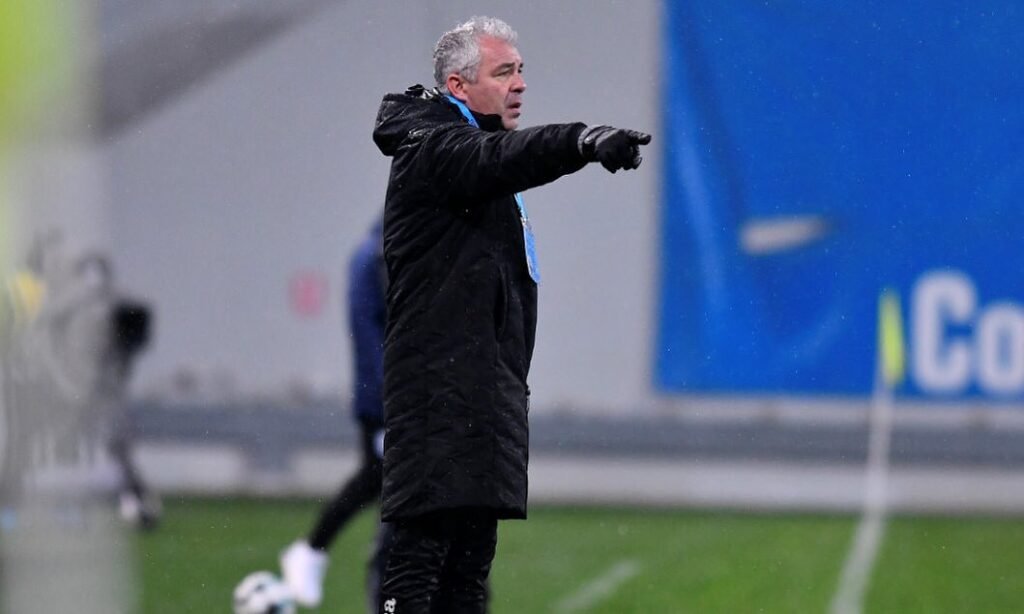Jorge Costa, who commanded the backline as FC Porto’s captain and clinched Europe’s greatest prizes, passed away at 53 after a cardiac arrest at Porto’s training facility. His sudden death shook the footballing world and prompted tributes from every corner of the game. For UK fans who remember Costa’s brief but impactful spell in the Premier League, as well as his enduring influence in continental football, his story is one of dedication, grit, and quiet leadership—a true standard-bearer of “Portismo”.
Early Life and Rise at FC Porto
Jorge Paulo Costa Almeida was born in Porto in October 1971. As a boy from the north, FC Porto was both a dream and destiny. His breakthrough came in the early nineties, quickly establishing himself as an uncompromising central defender known for his toughness and tactical discipline. Fans and teammates called him “Bicho” (the Animal) or “the Tank”, nicknames befitting his strength and fearless style of play.
Costa’s career at Porto spanned 15 years and saw him rise to captaincy, playing 383 times for the club and notching 25 goals—a remarkable feat for a defender. Under his leadership, Porto secured a host of domestic and European honours, including eight Portuguese league titles and five Portuguese Super Cups. His steel at the heart of defence became the template for generations to follow.
The Golden Era: Champions League Glory
Porto’s 2003-04 Champions League triumph remains the most glorious chapter in the club’s long history. With Jose Mourinho in the dugout and Costa lifting the trophy as captain, Porto stunned Europe by overpowering Monaco 3-0 in the final. It was the culmination of a squad united by Costa’s leadership—a trait Mourinho himself described as irreplaceable.
Mourinho’s tribute following Costa’s passing recalled a man who kept discipline without fuss and led by example. Mourinho said that if Costa could speak to him now, he would tell him to focus on his work and save his tears for later—a testament to the captain’s selflessness. Costa was also crucial in Porto’s UEFA Cup victory the previous season, helping cement Portuguese football’s legacy in Europe.
An International Defensive Wall
Costa was a pillar for Portugal, earning 50 caps and participating in both the 2002 World Cup and Euro 2000. He joined the national side’s “Golden Generation”, who famously lifted the Under-20 World Cup in 1991 alongside names like Luís Figo and Rui Costa. His international career was marked by the same clear-headed leadership that defined his club contributions.
A Brief Sojourn in English Football
UK fans cherish memories of Costa’s 2001-02 loan spell at Charlton Athletic. There, he brought continental experience, physical presence and a calm authority to the Addicks’ defence. Charlton’s former teammates and fans remember him fondly—not merely for his abilities but also for his friendly, approachable nature. Steve Brown, chair of Charlton’s ex-players’ association, described Costa as a “man mountain of a player and a great guy too”.
Though his time in England was brief, Costa left a lasting impression, helping Charlton to a top-half finish during one of the club’s strongest Premier League eras. His short stay enhanced the Premier League’s cosmopolitan flavour and underlined Portugal’s export of elite footballing talent.
Success as a Manager
After retiring as a player in 2006, Costa moved into coaching. He managed 16 different clubs, including stints at Braga, Académica, and AVS in Portugal, and spells in Romania, Cyprus, France, India, and Tunisia. Notably, he claimed a league title with CFR Cluj and kept Olhanense in Portugal’s top flight after a long absence.
He coached the Gabon national side and was known for instilling resilience and defensive organisation wherever he worked. Costa’s adaptability and professionalism earned him respect across continents.
Director and Role Model at FC Porto
Costa’s last role returned him home, becoming director of professional football at Porto in 2024. This administrative post allowed him to mentor future generations and connect the club’s storied past to its bright future. As director, he carried the same ethos that powered his playing days: commitment, leadership, and fierce loyalty to the club.
Tributes and Legacy
When news broke of Costa’s passing, the football world paid tribute. Porto’s statement lauded his “dedication, leadership, passion, and unshakeable spirit of conquest”. Portugal’s Prime Minister called him an “example of dedication and commitment”. Rivals like Benfica and Sporting expressed condolences, a reminder that Costa’s impact transcended club lines.
Jose Mourinho’s emotional tribute at a Champions League press conference mirrored a sentiment shared by players and coaches everywhere: Costa was not just a footballer, but the beating heart of every team he joined. UK supporters, especially those who witnessed his brief sojourn at Charlton, recall a player who brought both class and humility to the British game.
Conclusion
Jorge Costa’s story is one of unwavering dedication and leadership. His journey from the streets of Porto to lifting the Champions League and shaping future stars is a blueprint for young footballers everywhere. In the UK and beyond, he will be remembered not only as a champion but as a model of professionalism, resilience, and kindness.
Costa’s legacy lives on in every young defender who dreams of leading a team to glory, in every coach seeking to inspire courage, and in every supporter whose heart is captured by passion for the game. He is, undeniably, one of football’s immortals.
Read More: Rangers vs Viktoria Plzeň: A Statement Night at Ibrox

